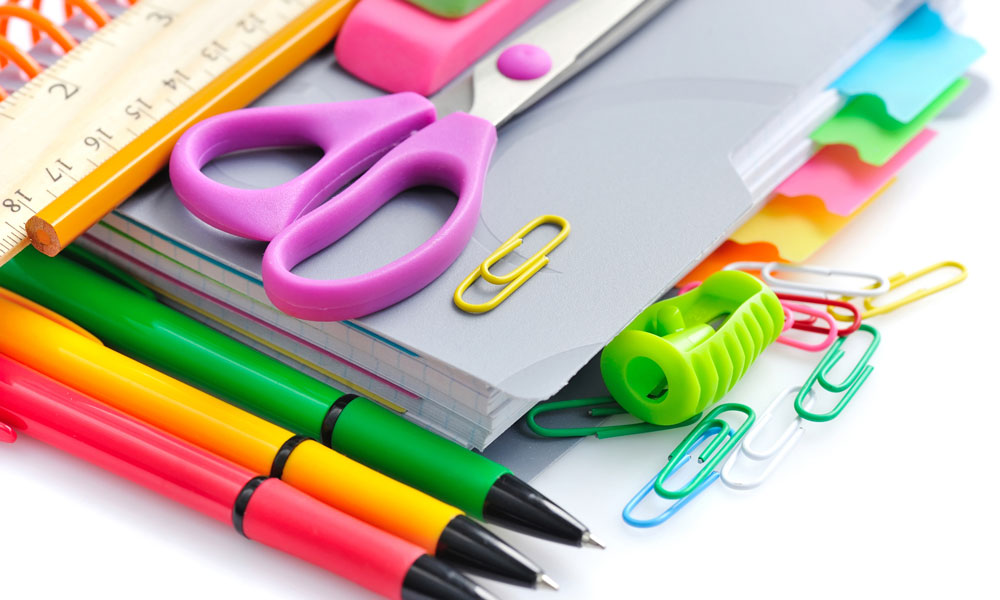
Study Guide: Associations Prep Parents for Back to School
As children head back to school, organizations are making sure parents are also ready for the end-of-summer transition.
With fall comes back to school shopping, a return to routine, and preparing parents, teachers, and children for the challenges of a new school year. And a number of associations are doing their part to make sure everyone is ready.
In The Classroom
Last week, the National Science Teachers Association (NSTA) released new resources to support parents in helping their children with their science courses. Grouped into sections, they educate parents on new science standards, how to get involved with the school’s science program, different science competition opportunities, and science book and video recommendations.
“A strong foundation in science, technology, engineering, and mathematics (STEM) will put children on the road to success in school and beyond,” a NSTA release said.
But NSTA isn’t the first group to help parents support their child’s learning. Created by teachers, parents, and education experts, the National PTA’s The Parents’ Guides to Student Success explains Common Core State Standards that have been adopted in more than 45 states.
The grade-specific guides focus on the key knowledge students should be gaining in the classroom under the new standards, as well as how parents can support their children with homework at home and through strong relationships with teachers. The high school guides also instruct parents how to properly work with their teenagers on college and career prep.
Outside The Classroom
Like the National PTA, the National Education Association provides resources on Common Core. But NEA goes beyond the classroom to school hallways. Resources on bullying help parents navigate tense situations, working with children who are either being bullied or are bullying others.
But student challenges aren’t limited to Common Core or even bullying. According to a National Center for Learning Disabilities survey [PDF], about 8 percent of parents reported having a child with a learning disability. Yet parents often don’t recognize the disability until after a child begins school. The Learning Disabilities Association of America addresses this issue by showing parents the first step in getting their child help if he or she shows signs of these “invisible disabilities.”
Healthy Kids
Doctors also play a role in ensuring a child is ready to learn. Since 2009, the American Academy of Pediatrics has informed parents of how best to keep their kids physically healthy through its site HealthyChildren.org. If a child is about to start school, AAP offers guidance in areas that include immunizations, nutrition, pediatricians, and disease prevention.
Beyond exercise and the flu, the National Association of School Psychologists seeks to protect a child’s mental health. It publishes free excerpts from its product Helping Children at Home and School III that explain addressing challenges like depression and special education, as well as simpler challenges like changing schools.
(iStock/Thinkstock)






Comments